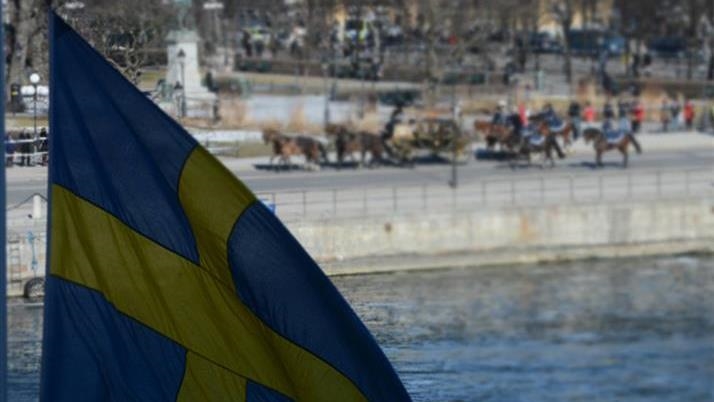ISTANBUL
Turkish Communications Director Fahrettin Altun on Wednesday condemned the burning of a copy of the Muslim holy book, the Quran, in Sweden.
“There has occurred yet another disgusting and despicable act of Quran burning in Sweden on our most holy day,” he said in one of his two tweets, referring to the first day of Eid Al-Adha, Islam’s major religious festival.
“We are sick and tired of enabling Islamophobia and continued instances of hatred for our religion on the part of European authorities especially in Sweden. Those who seek to become our allies in NATO, cannot tolerate or enable destructive behaviors of Islamophobic and xenophobic terrorists,” Altun added.
“This is obviously yet another provocative terrorist act targeting our religion on this sacred day. As our Foreign Minister Hakan Fidan said, whoever enables this criminal act is complicit,” the director said.
Altun also emphasized that Swedish authorities must take “swift action and take a clear stance against terrorism in all of its forms.”
“They cannot hide behind the excuse of freedom of expression and freedom of speech,” the official said.
“Fighting terrorism is simply the most fundamental requirement in a civilized society and is a basic prerequisite of any serious alliance. Despite our dwindling hopes on this front, we expect that the European authorities will come to their senses about the threat of hatred against Islam,” Altun concluded.
On June 12, a Swedish appeals court upheld a lower court’s decision to overturn a ban on Quran burning, ruling that police had no legal grounds to prevent two Quran burning protests earlier this year.
In February, police refused permission for two Quran burning attempts, citing security concerns, after far-right Danish politician Rasmus Paludan burned a copy of the Quran outside the Turkish Embassy in Stockholm in January this year.
Later, two individuals who attempted to stage provocative actions outside the Iraqi and Turkish embassies in Stockholm appealed the decision.
In April, the Stockholm Administrative Court reversed the decision, ruling that the security risks were insufficient to restrict the ability to demonstrate.
Since last year, soon after the beginning of the Ukraine war and subsequent security concerns, Sweden has sought to join the NATO alliance.
However, long-time NATO member Türkiye objected due to its own security concerns, including Sweden’s tolerance for terrorist groups that threaten Türkiye, as well as the country allowing provocative anti-Muslim and anti-Turkish actions under the pretext of “freedom of expression.”

